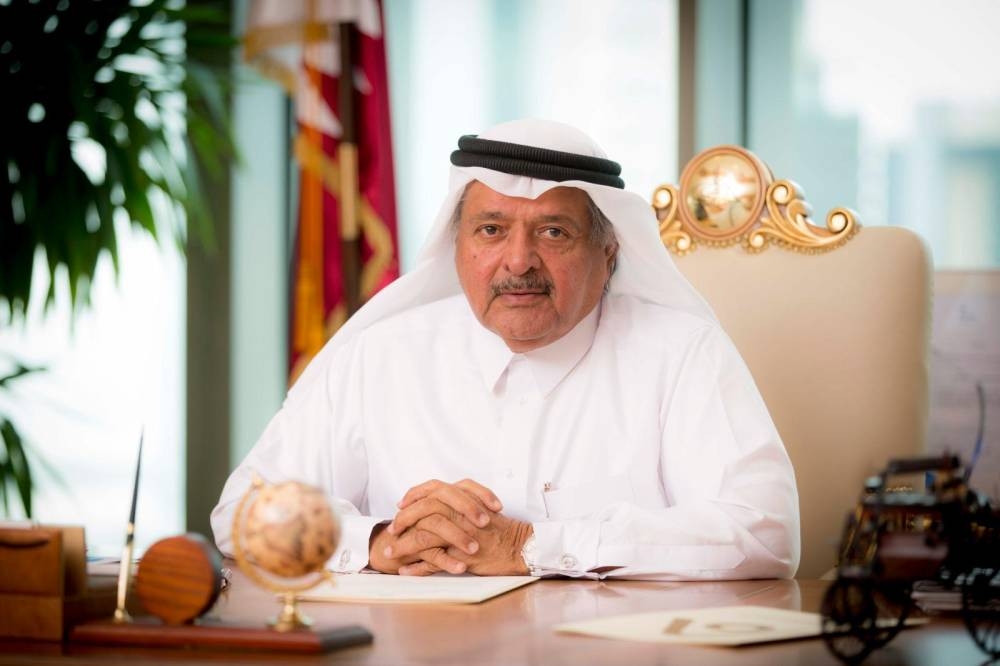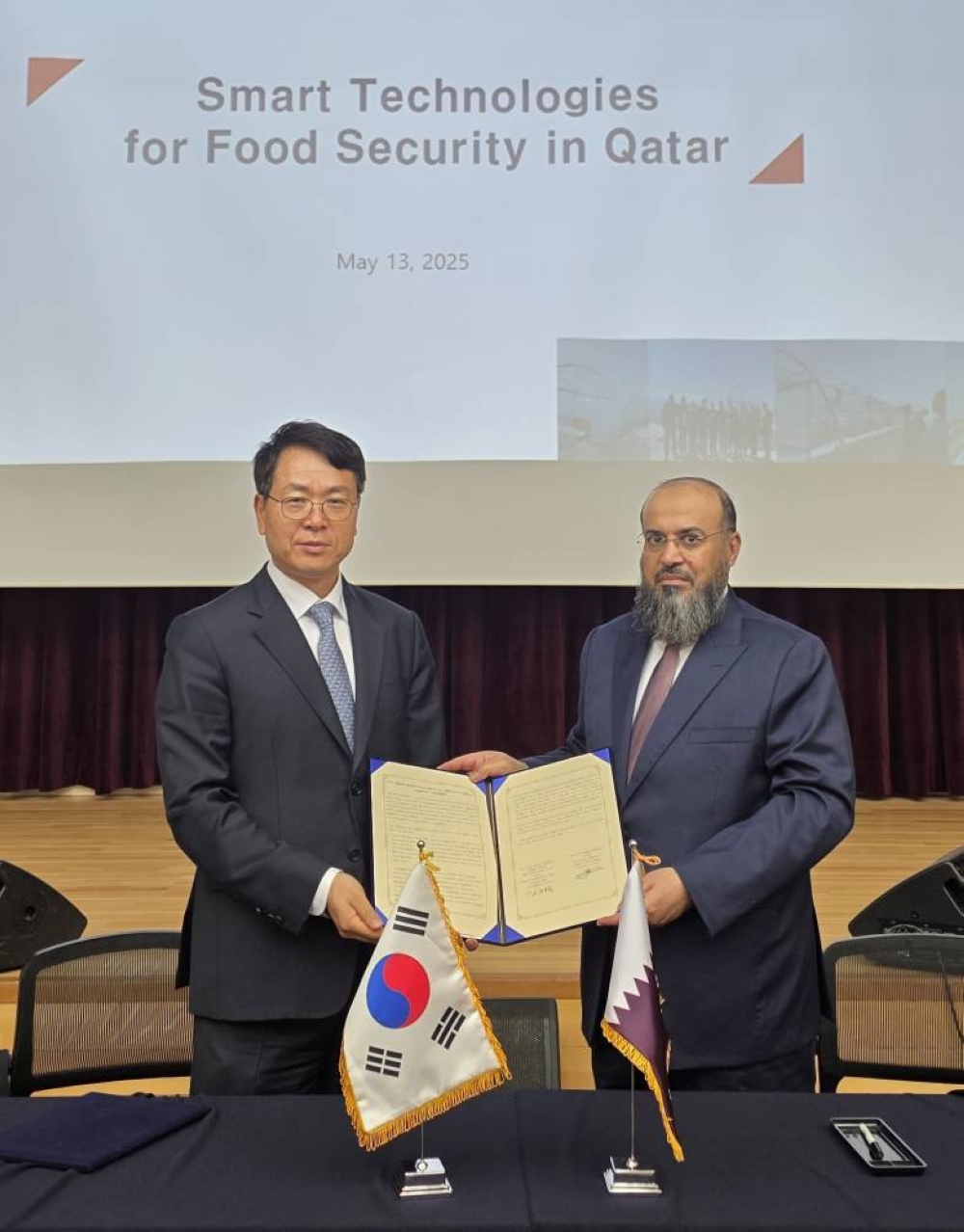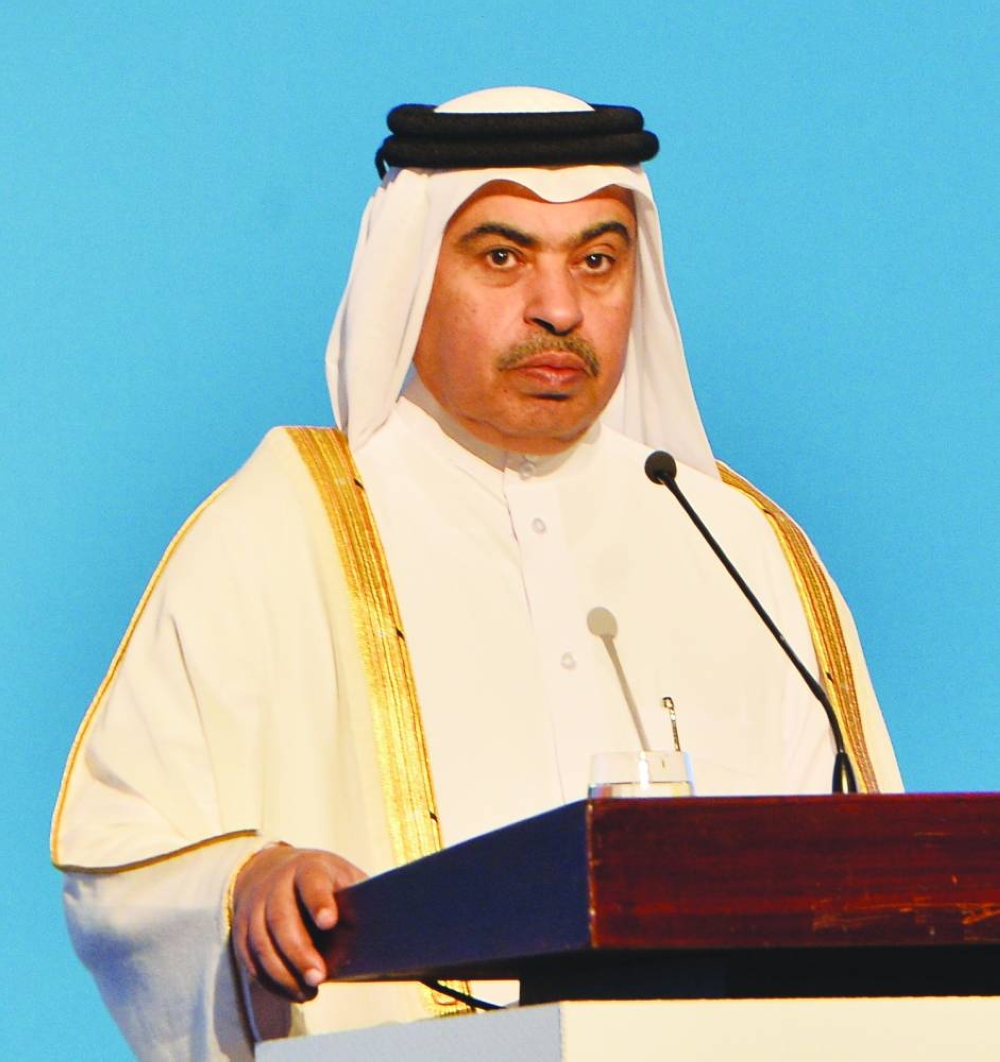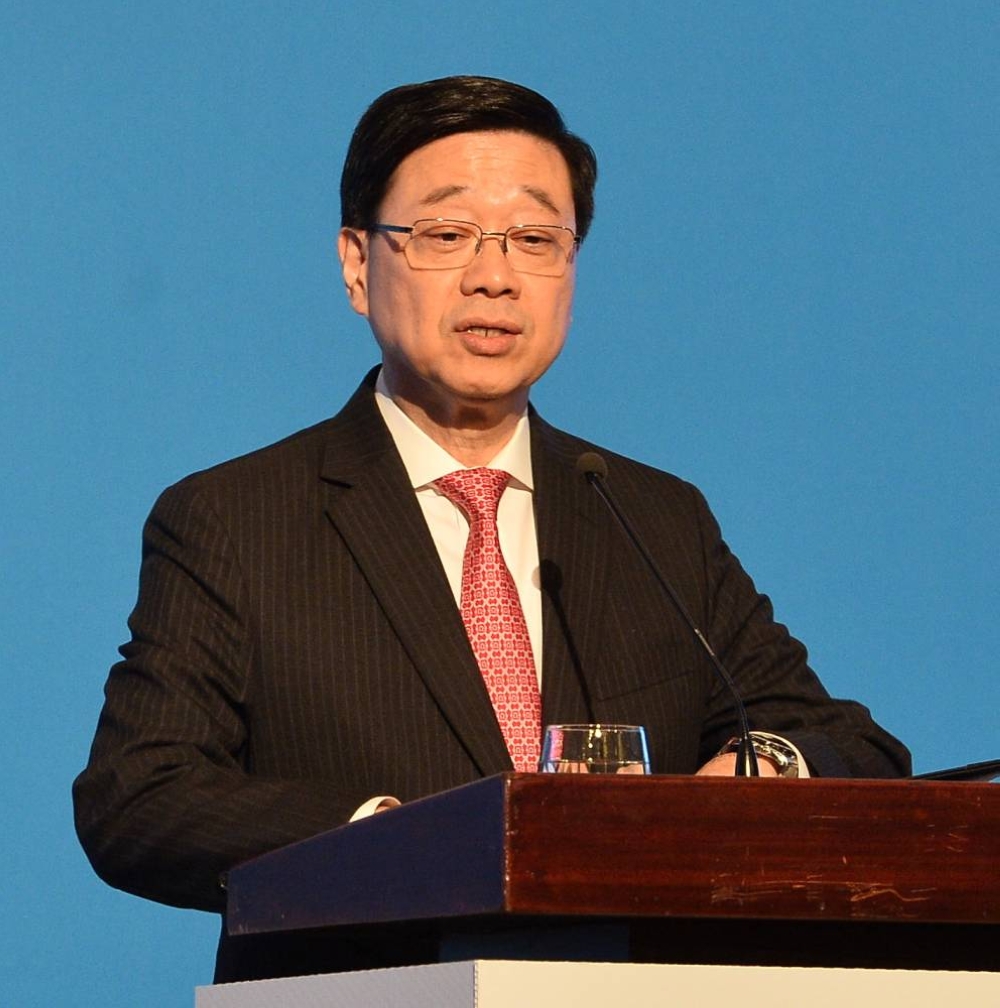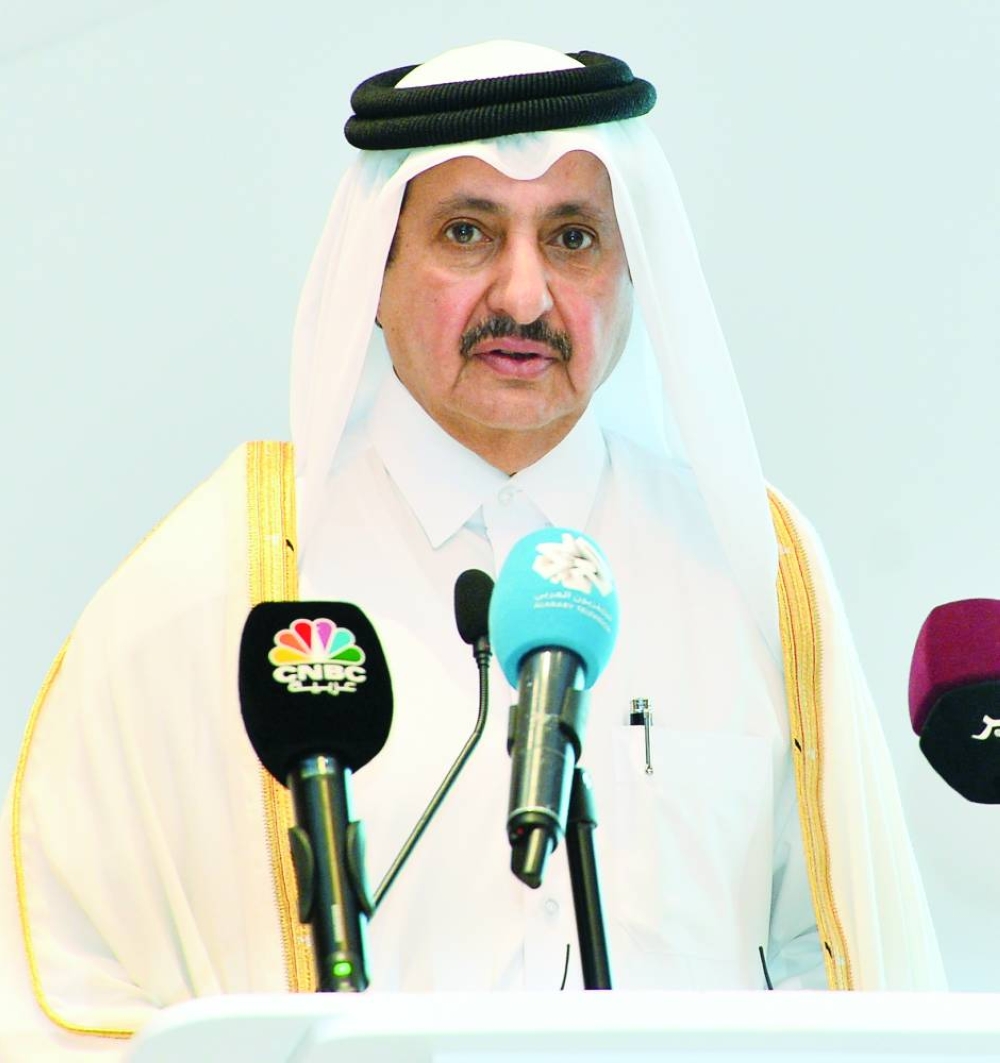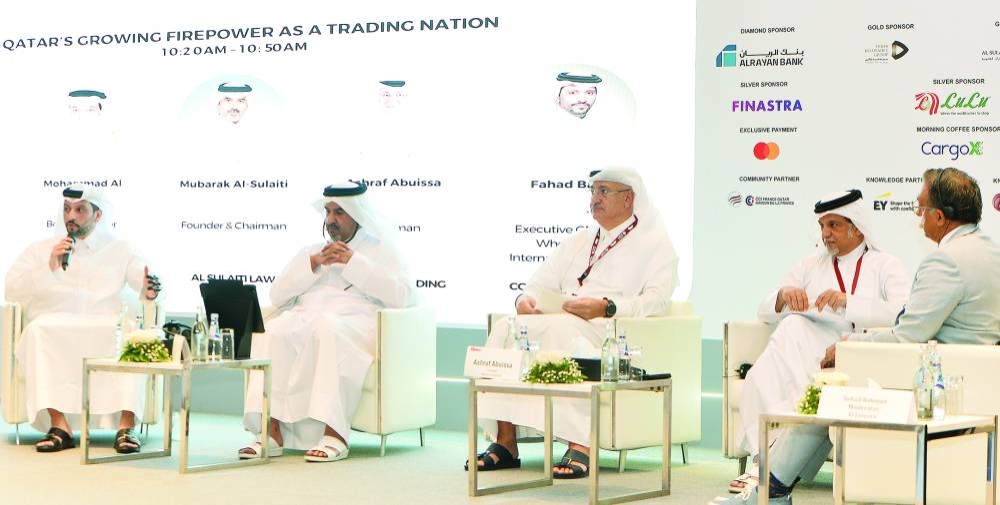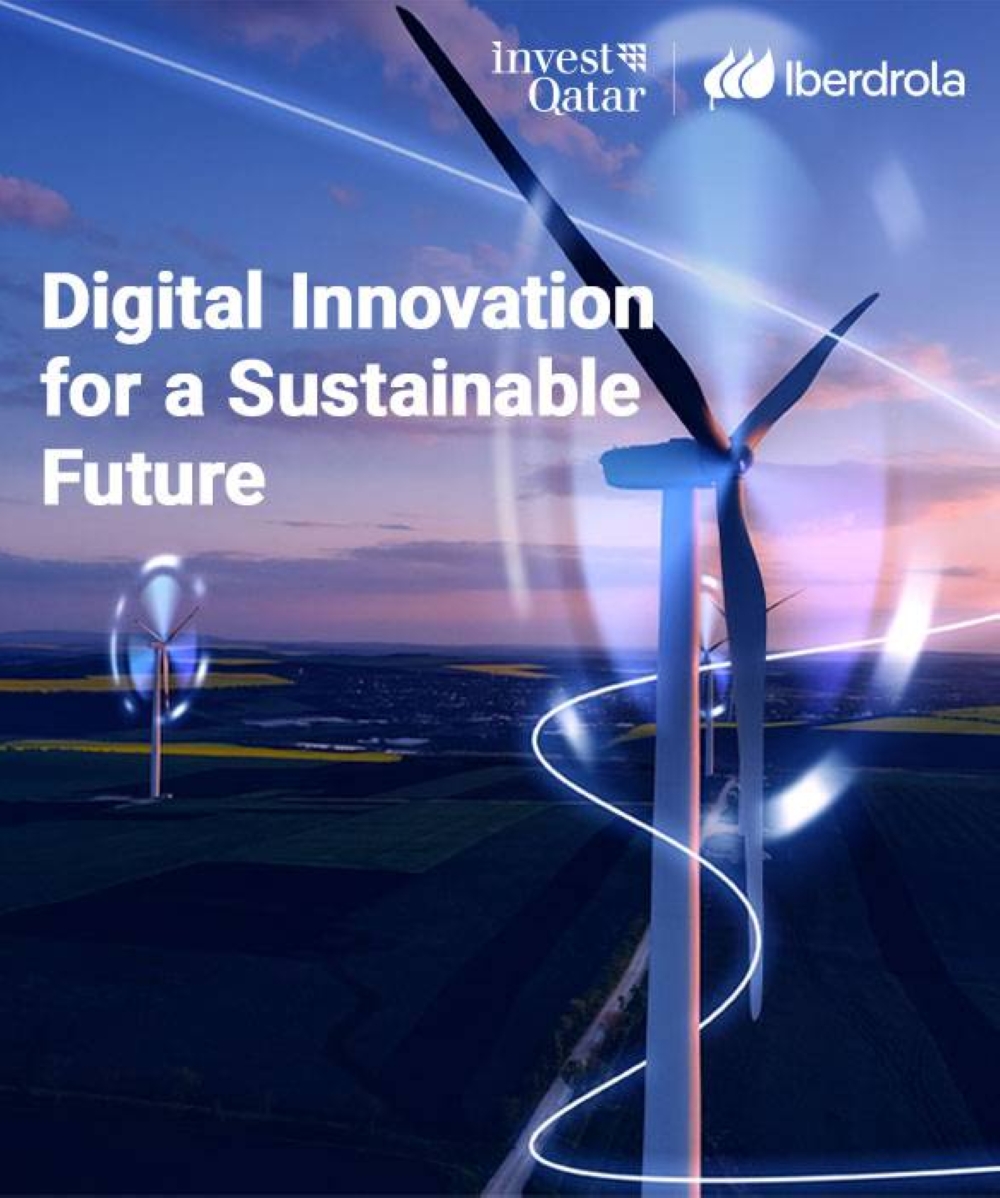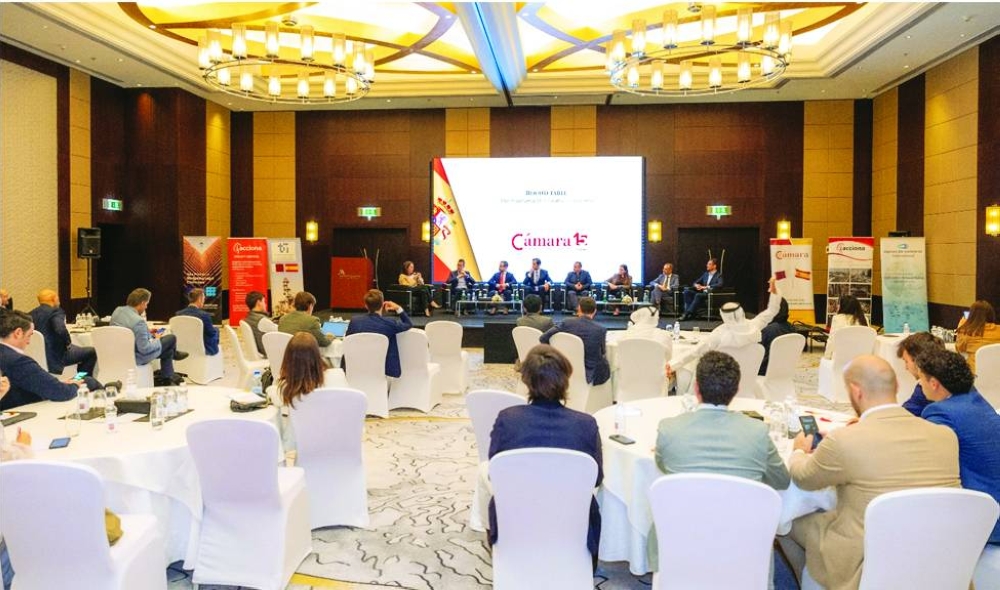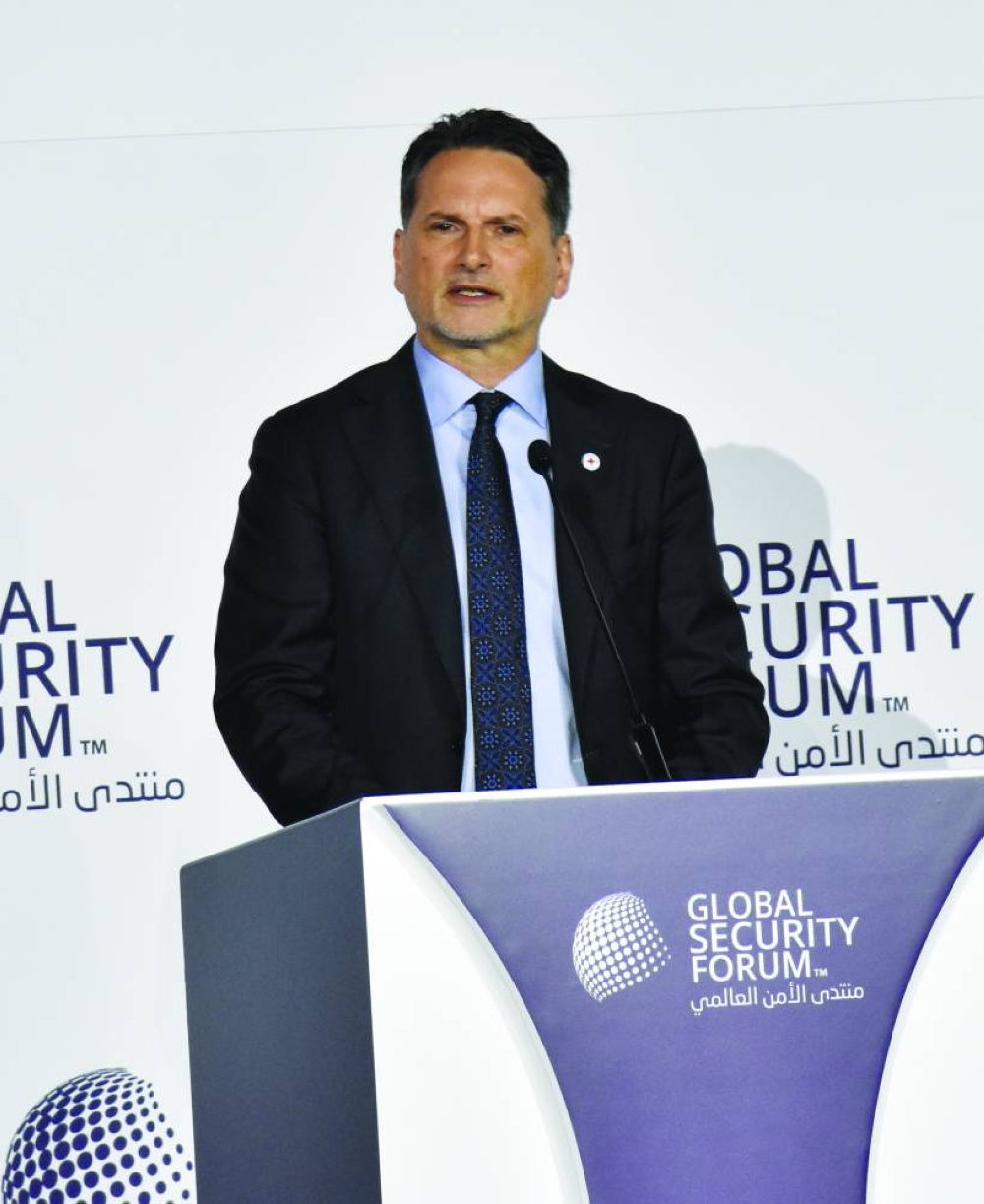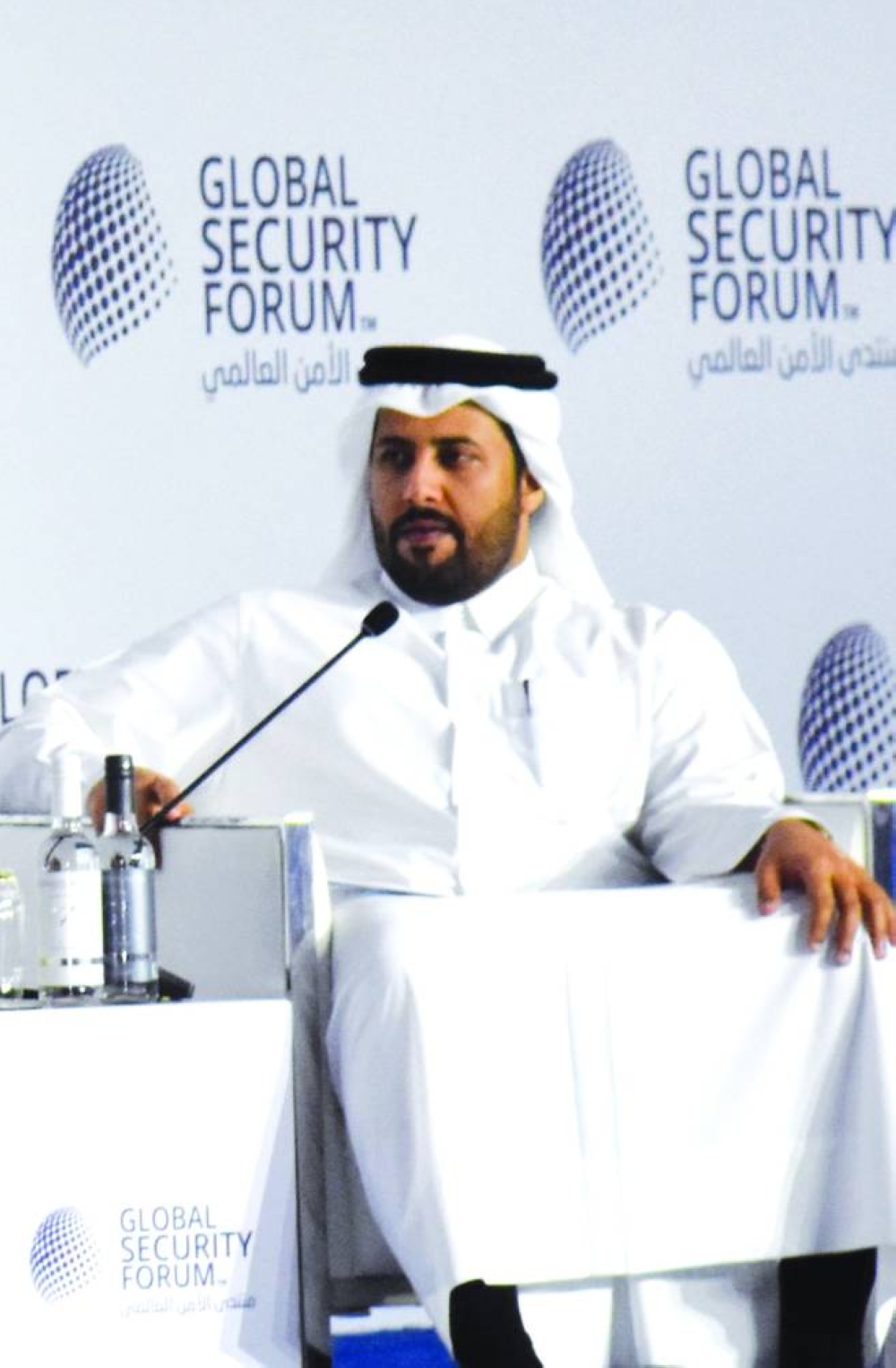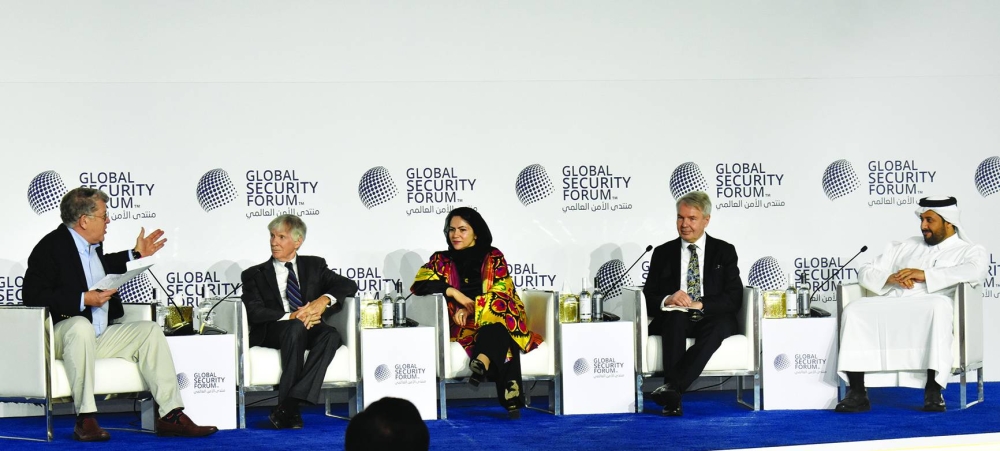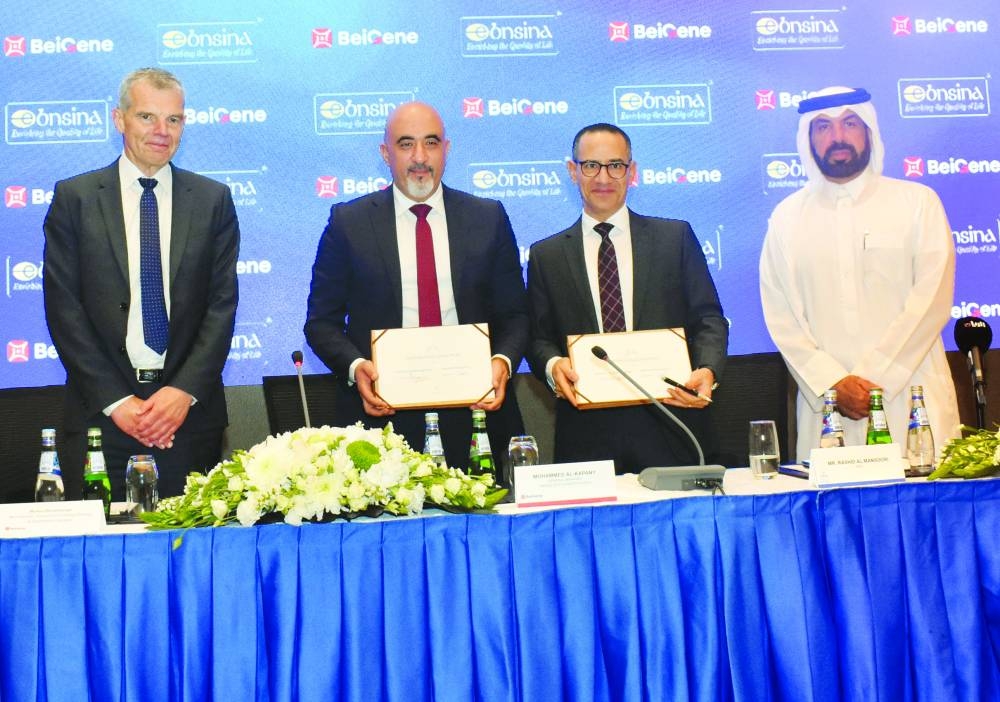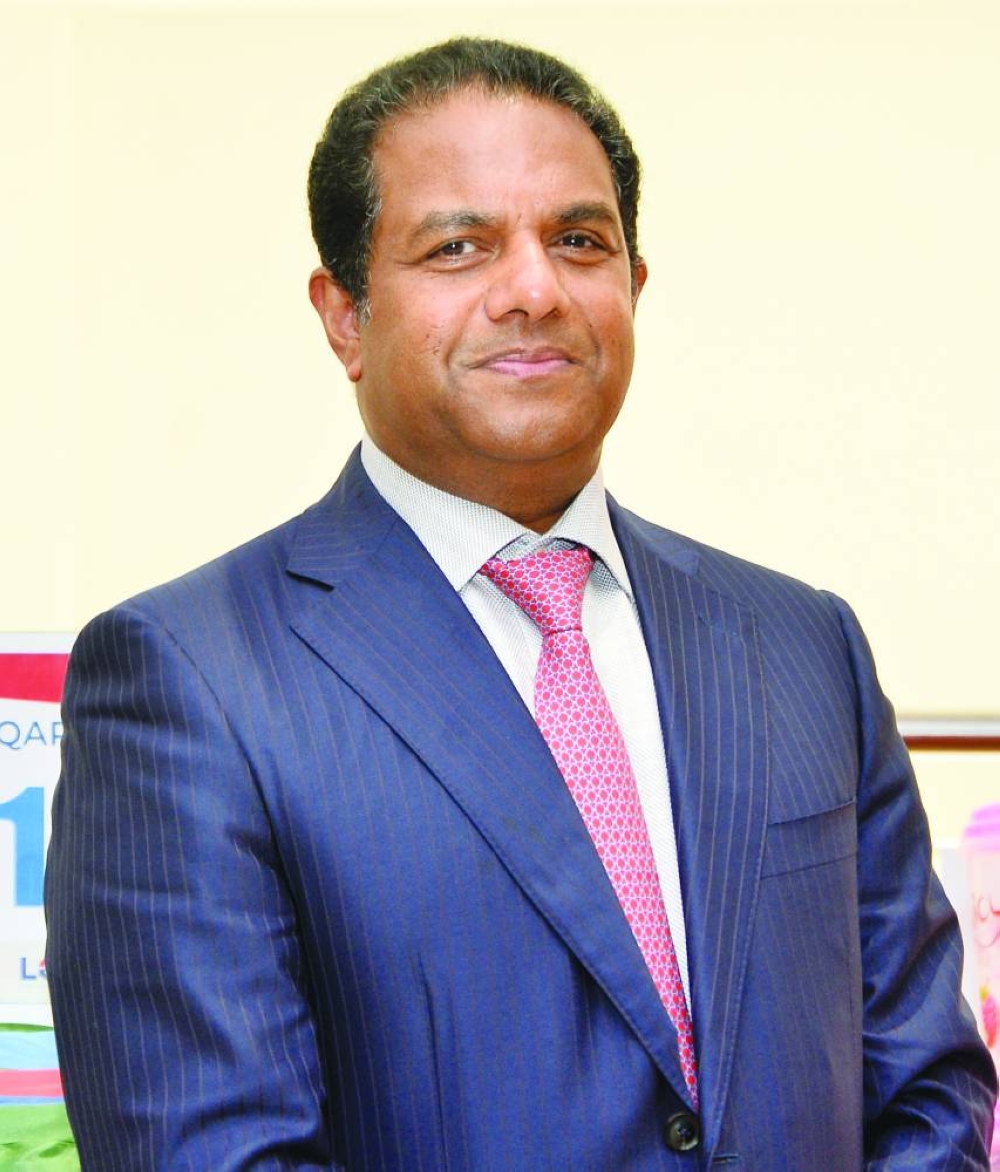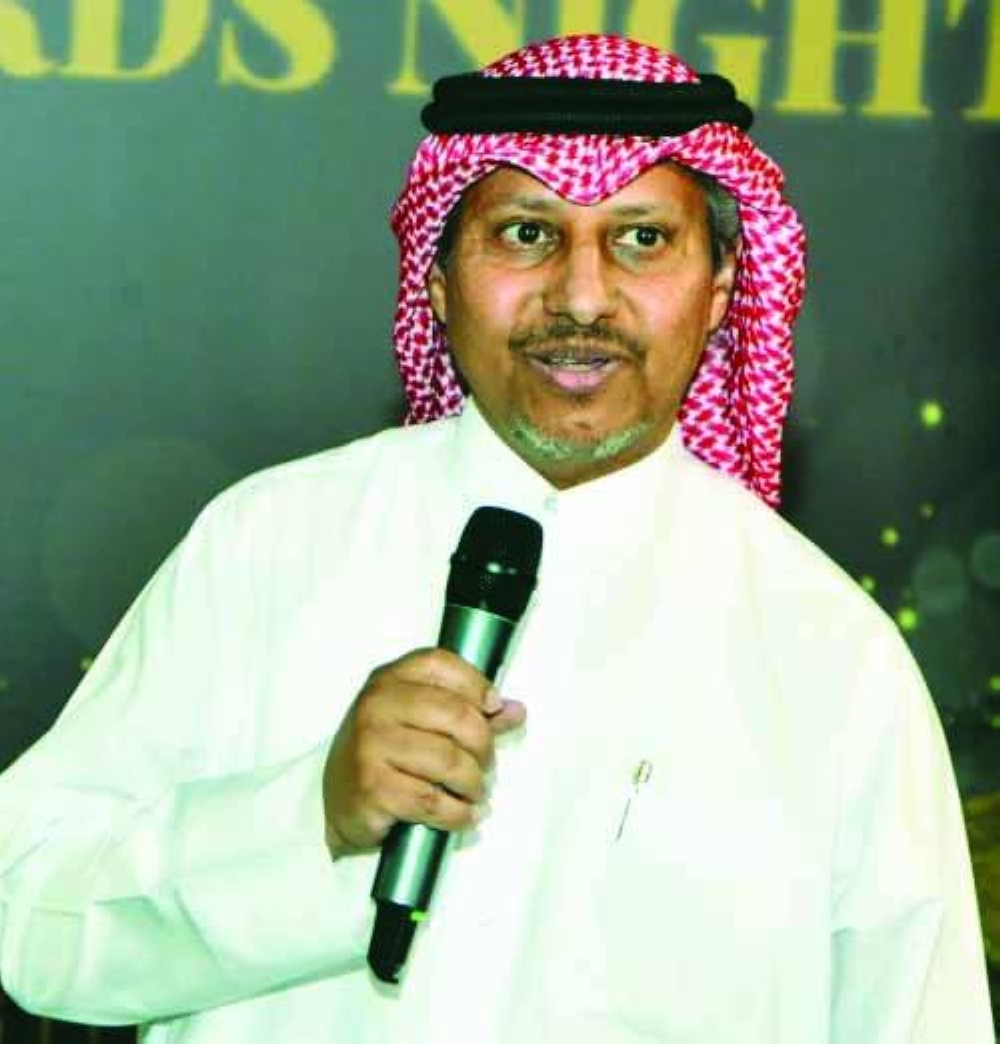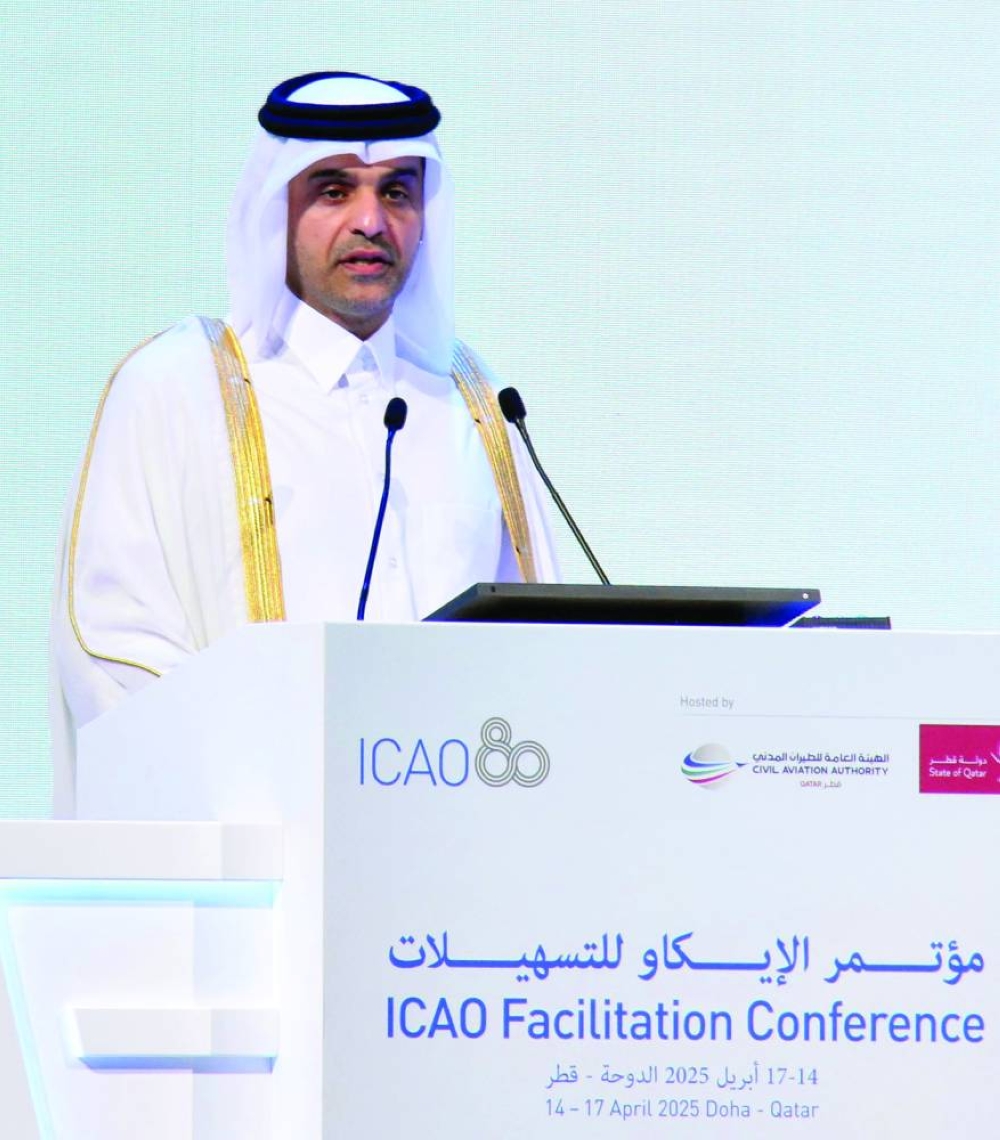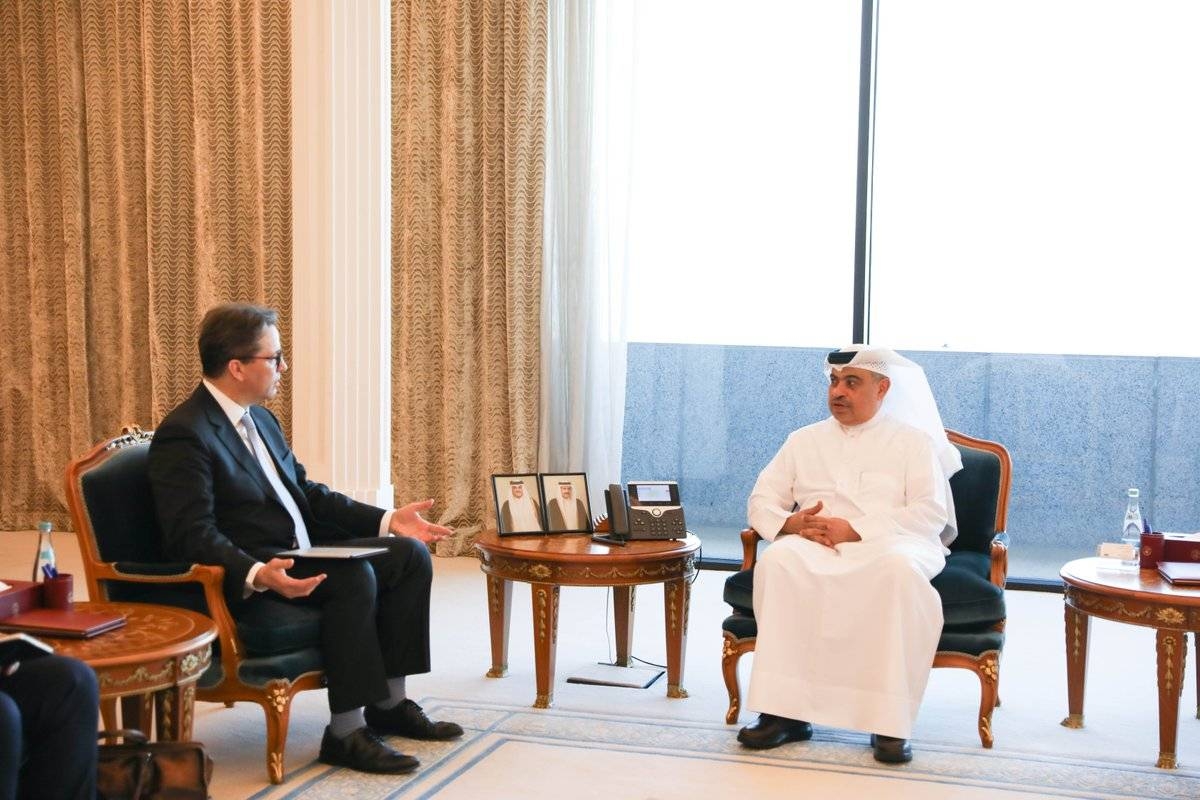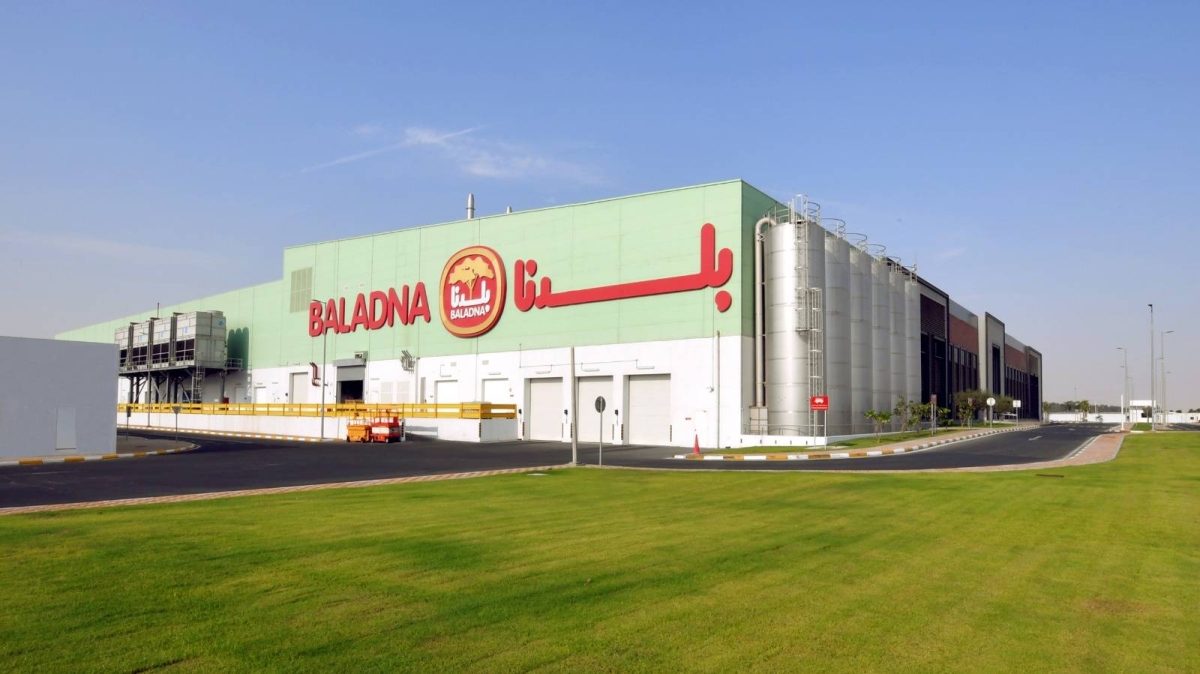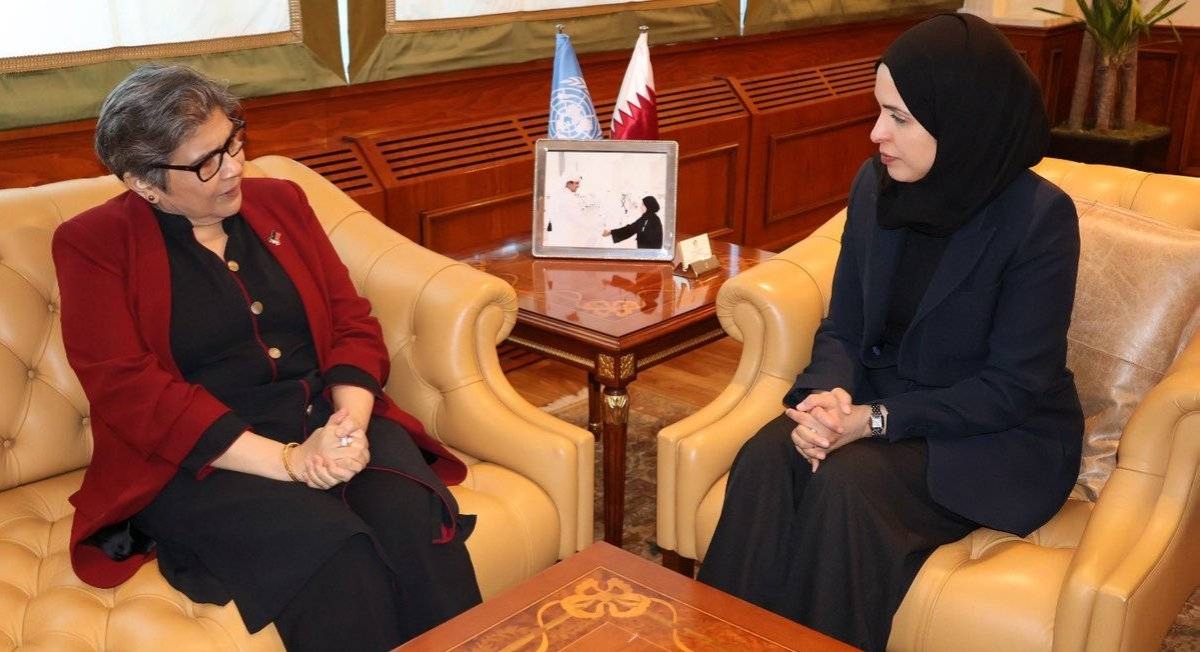Global aviation leaders and high-level government officials worldwide attending the recently concluded ICAO Facilitation Conference (FALC 2025) welcomed the adoption of the Doha Declaration on Facilitation of International Air Transport.Seen as a landmark commitment to modernise and harmonise air transport facilitation measures globally, the declaration was endorsed during the High-Level Ministerial Segment attended by HE the Minister of Transport Sheikh Mohammed bin Abdulla bin Mohammed al-Thani, ICAO Council president Salvatore Sciacchitano, ICAO secretary general Juan Carlos Salazar, some 50 ministers, and multiple aviation authority chiefs from around the world.The declaration affirms the critical role of air transport facilitation in ensuring the efficient and seamless movement of passengers, crew, cargo, and aircraft across borders. It also acknowledges air transport’s essential role in connecting people, facilitating trade, improving sustainable social and economic development and contributing to the achievement of the relevant UN Sustainable Development Goals (SDGs).The declaration urges states, ICAO, international and regional organisations, and industry and other stakeholders to work collaboratively with the public health sector and relevant stakeholders to develop a national aviation plan in preparation for the outbreak of a communicable disease posing a public health risk, ensuring that air transport can continue safely and efficiently in all circumstances.“The Doha Declaration is a guiding roadmap for future policies in air transport facilitation. It emphasises the joint commitment by the ICAO, member states, regional and international organisations, and other stakeholders to developing and enhancing facilitation on all counts,” said the Minister of Transport.He emphasised that Qatar’s efforts to develop transportation and civil aviation infrastructures and achieving smart and sustainable mobility associated with Qatar National Vision 2030 are aligned with the Doha Declaration on Facilitation of International Air Transport, which creates a strategic vision to ensure the efficient and seamless movement of passengers, crew, cargo, and aircraft across borders.The minister also lauded the efforts of the ICAO and the Qatar Civil Aviation Authority (QCAA) for the successful staging of FALC 2025.Mohamed Faleh al-Hajri, in charge of managing QCAA, highlighted the significance of the conference as a unique opportunity to reaffirm the collective commitment of ICAO member states to enhancing the air transport facilitation system, as outlined in the resolutions of the ICAO General Assembly. These resolutions collectively lay the foundation for a safer and more sustainable international civil aviation environment, he noted.“The Doha Declaration clearly reflects our belief in the importance of creating a seamless travel experience for passengers and the necessity of providing this sector with international attention and support. This is achieved through strengthening mechanisms that foster solid partnerships, ensuring a unified and comprehensive approach to facilitating air traffic.“Therefore, I call on everyone to adopt this declaration as a genuine catalyst for positive change and as a means to build a more resilient and prosperous future for the civil aviation sector,” said al-Hajri, citing the Doha Declaration.He added: “It also plays a pivotal role in outlining a roadmap for the development of facilitation, through a unified and comprehensive strategic vision that addresses emerging trends, technological advancements, and the future needs of travellers, all while upholding the principles of seamless mobility, inclusivity, and sustainability, in line with the requirements of the upcoming phase.”Sciacchitano said enhancing air transport facilitation means ensuring the smooth movement of passengers, crew, cargo, and aircraft while maintaining the highest standards of safety, security and efficiency.“This is how our work at this Conference is helping to deliver a more accessible and efficient international air transport system. We are also committed to sustainable funding mechanisms that ensure the longevity and effectiveness of facilitation programs. These tools also give us the means to deliver an international air transport network that is accessible to all travellers, including persons with disabilities, refugees, and stateless persons,” Sciacchitano pointed out.Salazar said, “The Doha Declaration on Facilitation of International Air Transport is a roadmap for delivering a more efficient, resilient, and sustainable global flight network. We are asking ministers to do three things: champion stronger border coordination, drive digital transformation, and build global consensus on aviation facilitation.”He also underscored ICAO’s commitment to providing the assistance necessary to facilitate the sharing of best practices that can help accelerate progress towards a globally optimised and harmonised air transport ecosystem.Noteworthy, FALC 2025 in Doha stands as the second largest ICAO gathering, behind the ICAO General Assembly, in terms of the level of attendance, namely the ministerial representation and number of industry experts and leaders. FALC 2025 also saw a large participation with nearly 120 ministers and civil aviation authority chiefs, some 3,000 local and international aviation and air transportation experts and leaders, and 17 international organisations, in addition to 80 speakers in 13 sessions.The accompanying exhibition also featured 35 entities, as well as some of the latest technologies and innovative procedures relative to air transport facilitation.FALC 2025 featured numerous sessions that discussed multiple topics, including cooperation, collaboration and inter-agency coordination, cargo release clearance and automation processes, travel document integrity and border control, inadmissible persons, deportees, refugees and stateless persons, human trafficking and irregular migration, assistance to aircraft accident victims and their families, capacity building and implementation support for states.Ends


